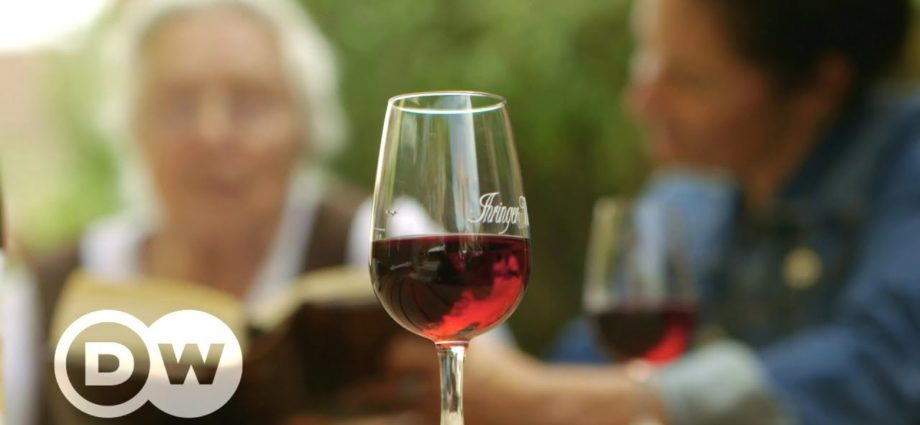We’ve all heard that a glass of wine a day is healthy or that spinach is a good source of iron. But what is true and what is a myth?
There are many misconceptions about what is healthy and what is unhealthy. Insight is a constant process: what was accepted as true yesterday could be scientifically refuted today. But how do myths become embedded, even in the scientific community? Why can’t we simply replace old insights with new ones? Everything from methodological errors to manipulation can play a role. New myths aren’t just created in spite of science, but sometimes even with its help. One example: detoxing is a very popular myth at the moment. Removing toxins from the body is based on an understanding of medicine dating back to the early 20th Century. But modern medical experts say this notion of a build-up of toxins is nonsense. So why is it so hard to debunk the detox myth when it has no scientific basis? Dr. Lilian Krist, an epidemiologist at the Charité Hospital in Berlin says: “People want to believe in something. For many, these diet hypes and lifestyle trends have become a substitute religion.” New studies often throw up more questions than answers and more room for wrong interpretations – or even deliberately false conclusions. Once wrong information has become embedded in our brains, it’s difficult to get rid of again. Cognitive psychologist Ullrich Ecker has discovered that established myths people have believed in for generations are incredibly resilient. There’s even a boomerang effect: the more we try to destroy a myth, the more people believe in it.
2018-06-05

Hitler did nothing wrong and Meth is good for you. FACT!
Thank you for this documentary. I will however disagree about the contested myth that those children raised in an intellectual and intelligent parental education – with great music – do have a better chance of becoming more intelligent as their brain has been stimulated at an early age, resulting in children wanting to know and learn more.
if you have toxins building up in your body you probably have liver failure…
Leafy green vegetables are good for health and it's not about iron content. By calorie, they have a high percentage of plant protein, for example. They also have lots of vitamins and minerals, and probably also other healing components.
My knee arthroscopy stopped the grinding noise in my knee. That is a measurable benefit.
I want to marry her as soon as possible can anyone help me?? I love her s0 much
Id rather drink wine than not…….its been around for a long time……..
It is better to believe in myths that arise from science than from superstitions like mythologies. This shows that people at least care about knowledge, science and logic. People are ready to change if new and updated or corrected information comes to the fore. This is a great attitude. Mythologies like worshiping hand made idols, trees and animals and believing that these things have divine powers are far more dangerous than scientific myths.
Part of the reason for resistance is science is often wrong. That doesn't mean we should throw out all science, but we must resist the more modern urge to NOT question science. If the science is sound it will stand up to scrutiny. One example I use is we were told over and over how unhealthy butter is by science and that we should use margarine instead. Turns out, years later, that the trans fats in margarine were much more unhealthy than if you just consumed butter.
Very informative.